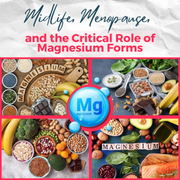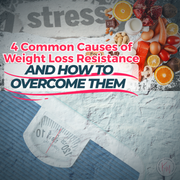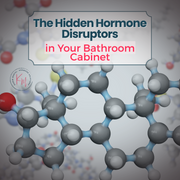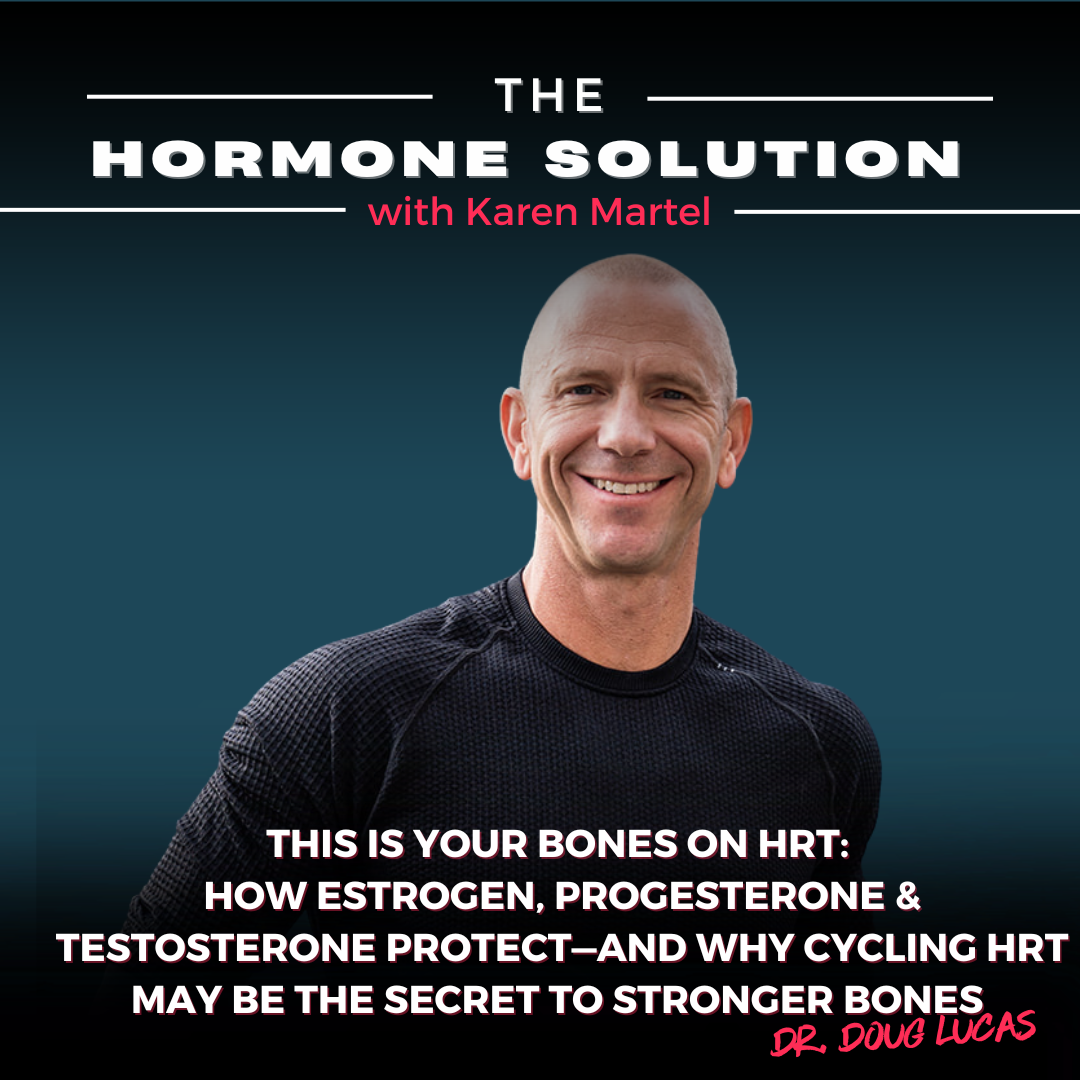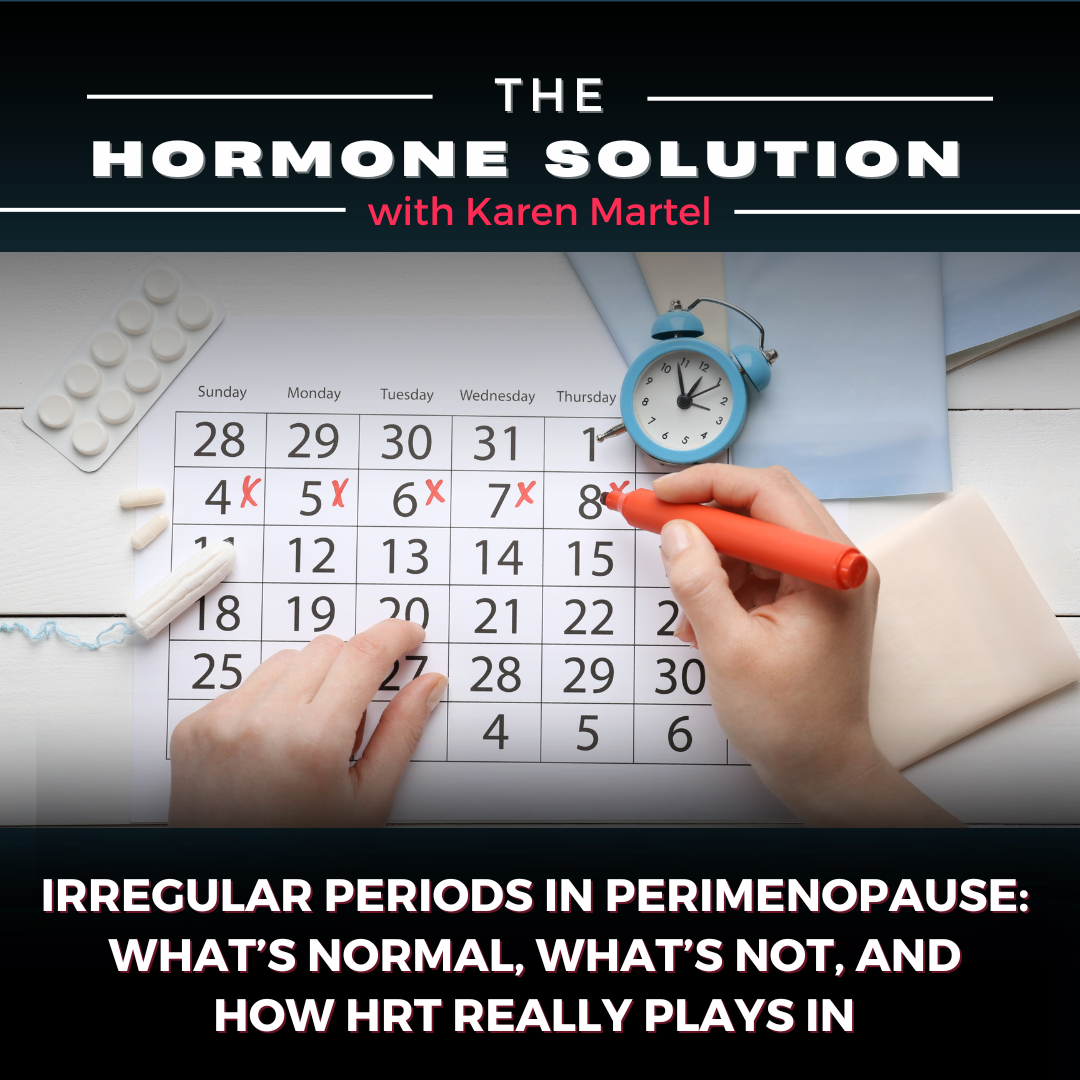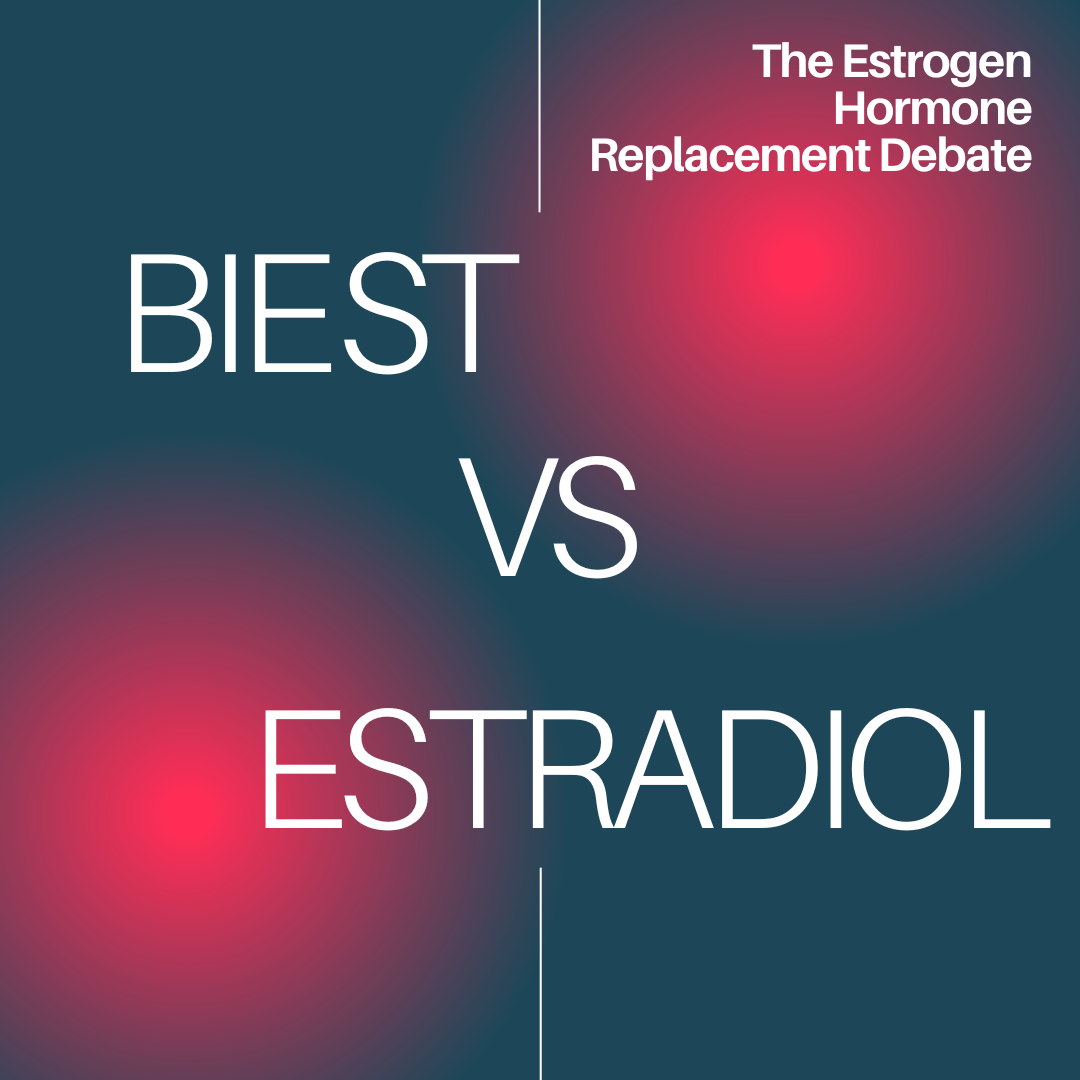
Why BIEST Estriol/Estradiol may not be the best form of Estrogen Replacement
As a healthcare professional, I have come to the realization that BIEST, a combination of estradiol, and estriol, is not the best option for most women when it comes to hormone replacement therapy (HRT). Estriol, the weakest form of estrogen, is known to only bind to receptors for a short period of time, which can be beneficial in preventing breast cancer, but it doesn't promote growth in the same way as estrone and estradiol.For years, doctors have prescribed BIEST based on the belief that estradiol causes breast cancer, as indicated by the Women's Health Initiative study. However, we now know that this is not the case and that the women in the arm of the study who took Premarin only, had a reduction in breast cancer cases. Estradiol is the only estrogen that binds in a balanced way to all of the estrogen receptors. Estrone primarily binds to alpha receptors and estriol is primarily beta.
In pregnancy, estriol levels increase, leading to the remission of autoimmune conditions. However, high levels of estriol can also suppress the innate immune system, making the body more susceptible to other cancers and immune problems. This trade-off is deemed acceptable during pregnancy as it protects the fetus from being attacked by the innate immune system. But we don't want to create inflammation, weight gain, or compromise the immune system in menopausal women.
Estradiol will convert down into estriol in just the right amount anyways. Estradiol is the mother of all hormones for women we know that it is important to the immune system, breast health, brain health, bone health, skin, joints, blood sugar, neuroprotective, and the list goes on. If estradiol was some deadly hormone causing breast cancer in women then every 13-year-old all the way to 40 would be riddled with it. We have loads of it through the majority of the first half of life so why are we so afraid of using it in the proper dosage for menopausal women?
Research shows that estradiol needs to be at 65 pg/ml or higher when you replace it in women in order to get bone protection. Same with the neuroprotection. We know from a study out of Arizona in 4,000 women, published in Alzheimer’s & Dementia found that women who underwent menopausal hormone therapy for six years or greater were 79% less likely to develop Alzheimer’s and 77% less likely to develop any neurodegenerative disease. This was using transdermal estradiol (not BIEST) and progesterone. I rarely see estrogen getting high enough when a woman is on BIEST. I also have seen that women typically don’t feel much better on BIEST and they do when they are on estradiol.
The Wiley protocol, also known as the physiologic restoration protocol, involves administering 4-10 mg of estradiol to women depending on their cycle day. This protocol has been used for over 20 years and has grown in popularity. It is unlikely that it would continue to be popular if it were causing harm to women.
In conclusion, I believe that estradiol is the most important hormone for women and should be optimized in the proper dosage for menopausal women. While estriol may have its place in certain cases, particularly for women with a history of breast cancer, for most women, estradiol is the way to go. It's time for the medical system to upgrade its view on BIEST and start prescribing estradiol as the primary hormone replacement therapy.
It's important to consult with a healthcare provider to determine the best course of treatment for an individual woman.

Find Karen Martel on Apply Podcast
Karen Martel is a Certified Hormone Specialist and Transformational Nutrition Coach dedicated to empowering women through their health journeys.
As the host of the popular podcast The Hormone Solution, Karen tackles the complexities of hormonal health, weight loss resistance, and the challenges that come with perimenopause and menopause.
Her mission is to disrupt outdated narratives surrounding women's health, providing reliable information and practical solutions that help women reclaim their vitality.
Tune in to discover how to embrace life's stages while enhancing overall well-being.

